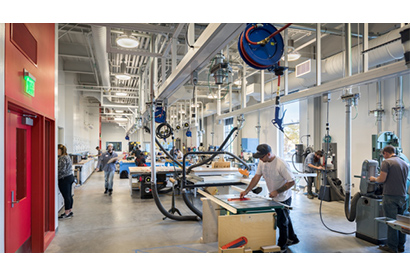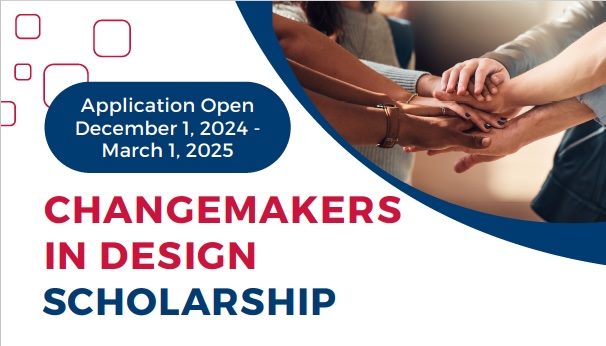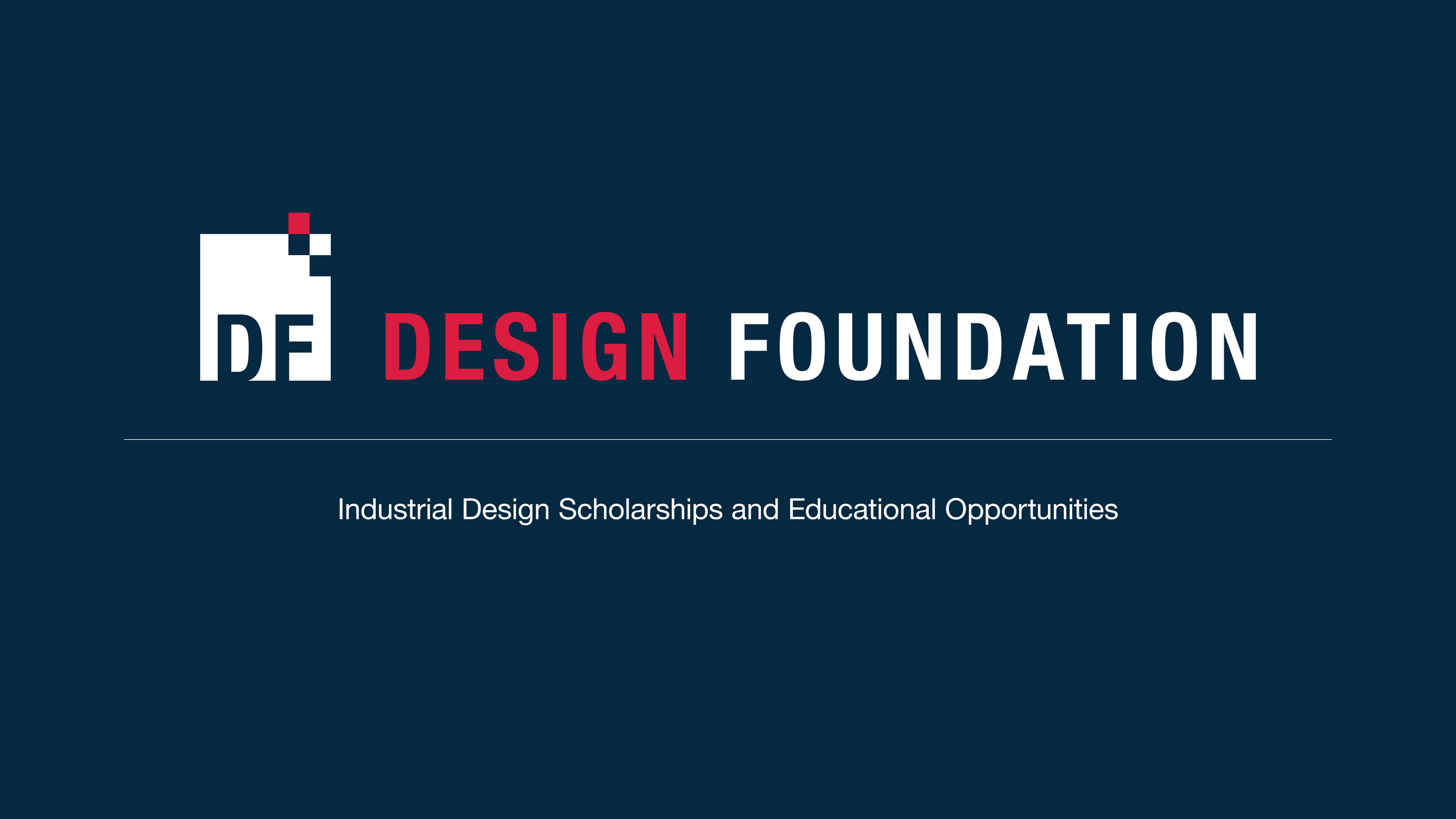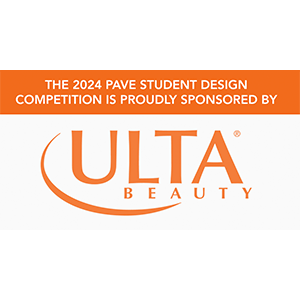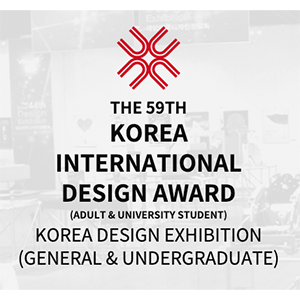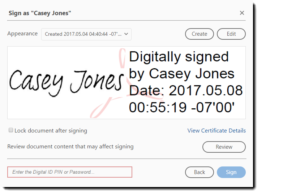Innovation Garage
The Auraria Library Innovation Garage provides high quality 3D printing, large format printing, and vinyl cutting services in support of project-based learning and research. The Innovation Garage also serves as a drop-in support space for multimedia projects. Our lab includes specialized software workstations and large format scanners. All services in the Innovation Garage are available for current students, staff, and faculty of Auraria Campus.
Innovation Garage
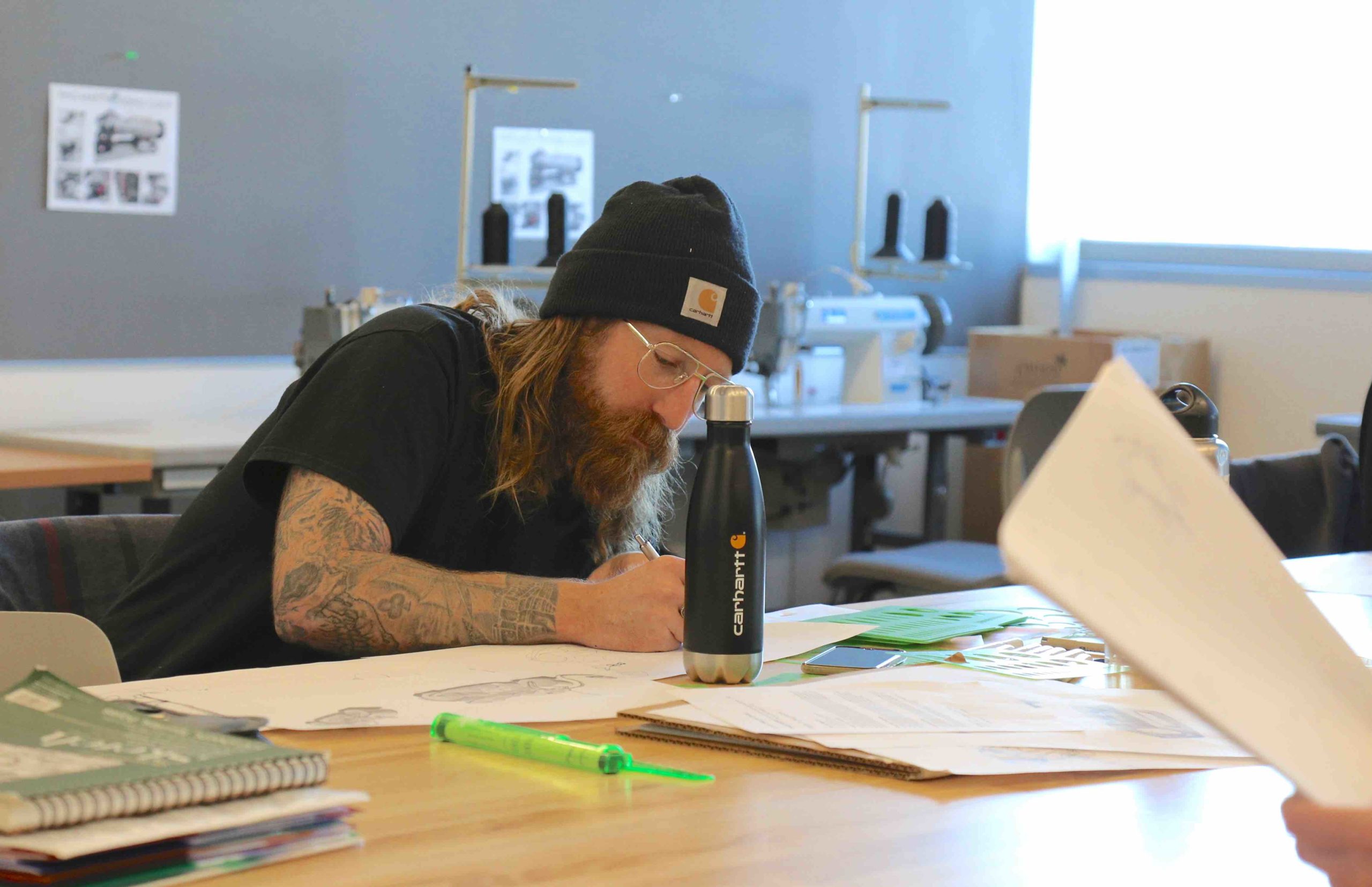
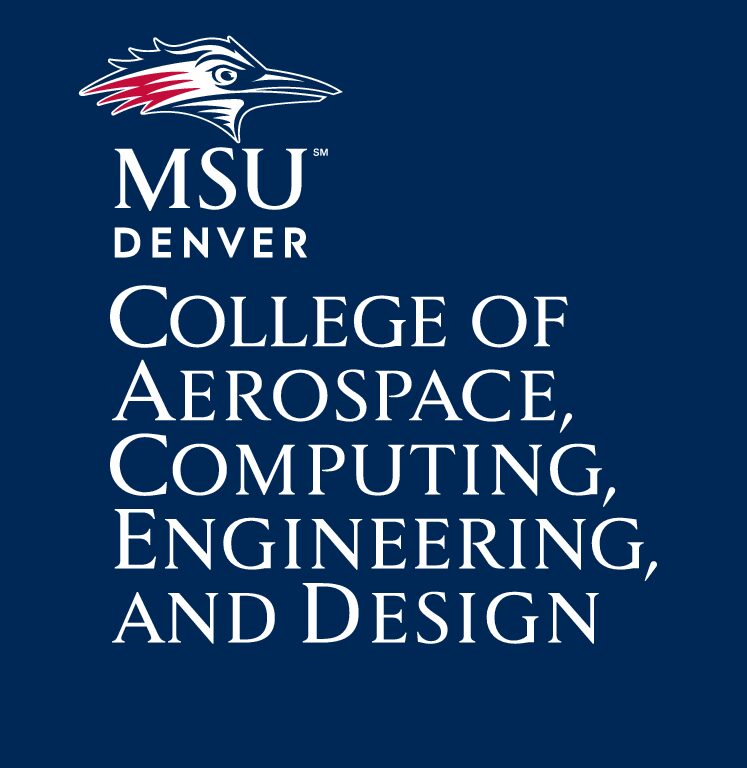
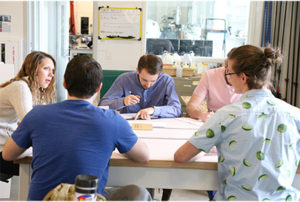 Perform design research that contributes to the definition and solution of design problems.
Perform design research that contributes to the definition and solution of design problems.
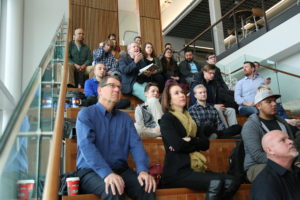
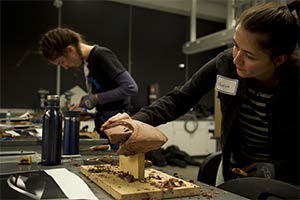
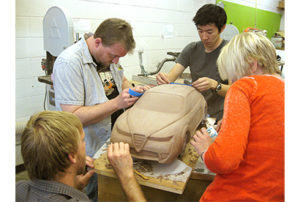 The Industrial Design Professional Internship provides an opportunity for senior students to gain experience under the guidance of an industry professional. The degree-required course, entitled IND 4960: Professional Internship, requires students to complete a total of 150 hours during the semester in a placement relevant to the practice of Industrial Design (Senior Experience). If a student wishes to do their internship at a site where they are currently employed, the ID Internship must differ from their normal work activities and students must complete a project above and beyond their usual job requirements.
The Industrial Design Professional Internship provides an opportunity for senior students to gain experience under the guidance of an industry professional. The degree-required course, entitled IND 4960: Professional Internship, requires students to complete a total of 150 hours during the semester in a placement relevant to the practice of Industrial Design (Senior Experience). If a student wishes to do their internship at a site where they are currently employed, the ID Internship must differ from their normal work activities and students must complete a project above and beyond their usual job requirements.